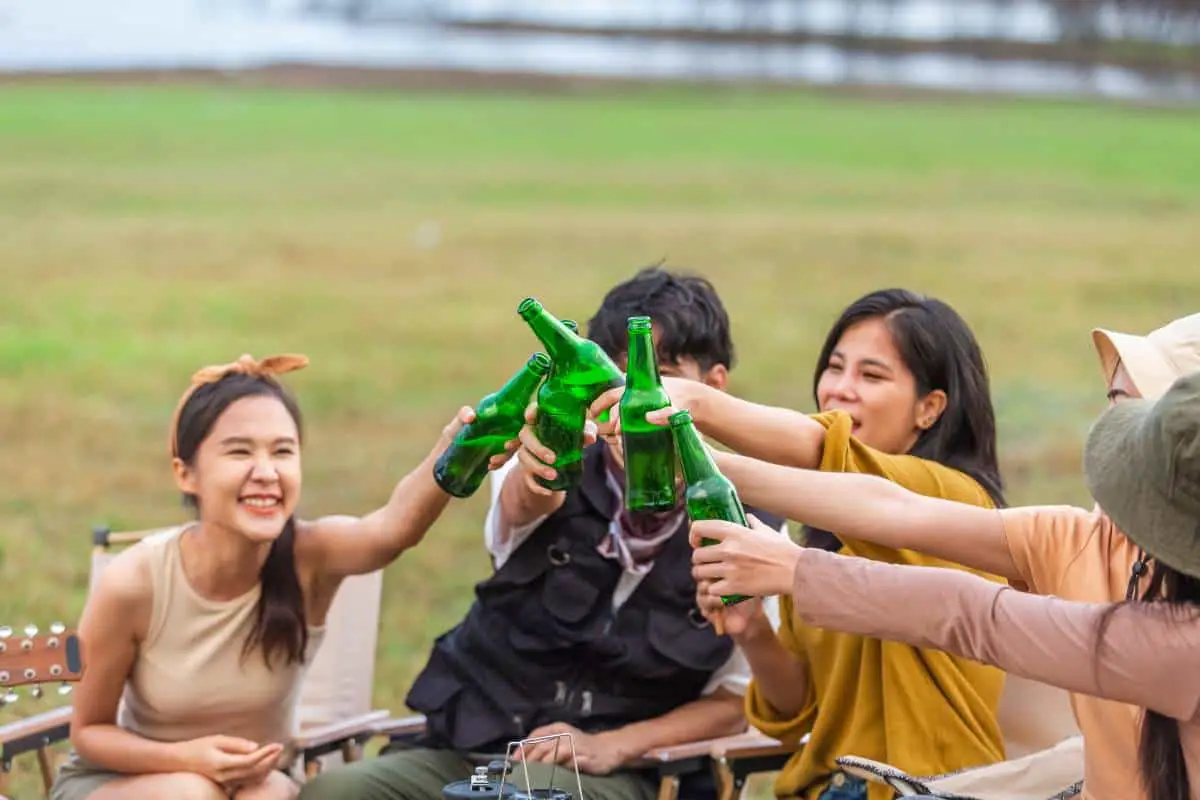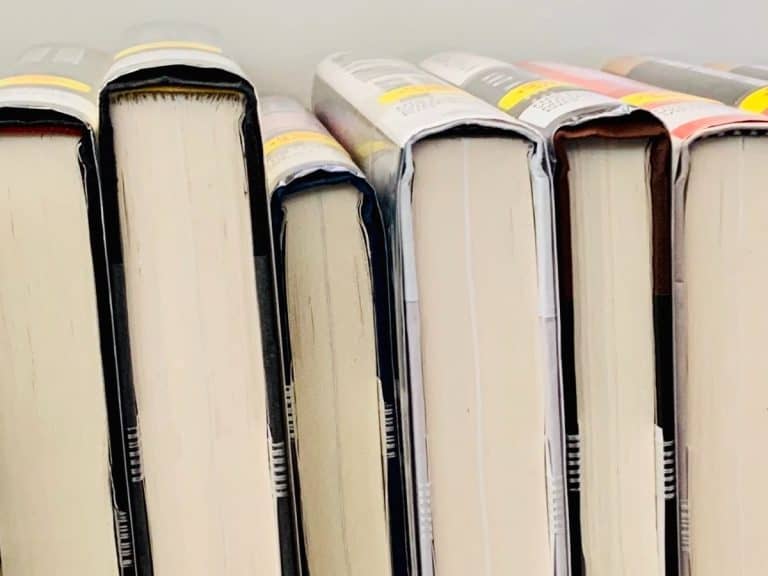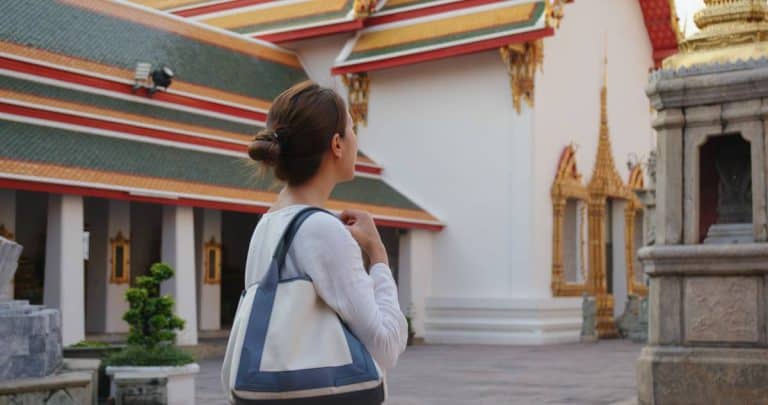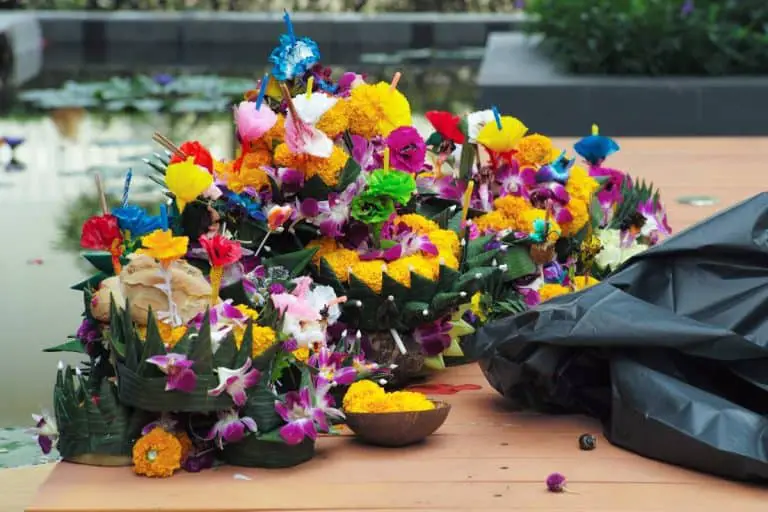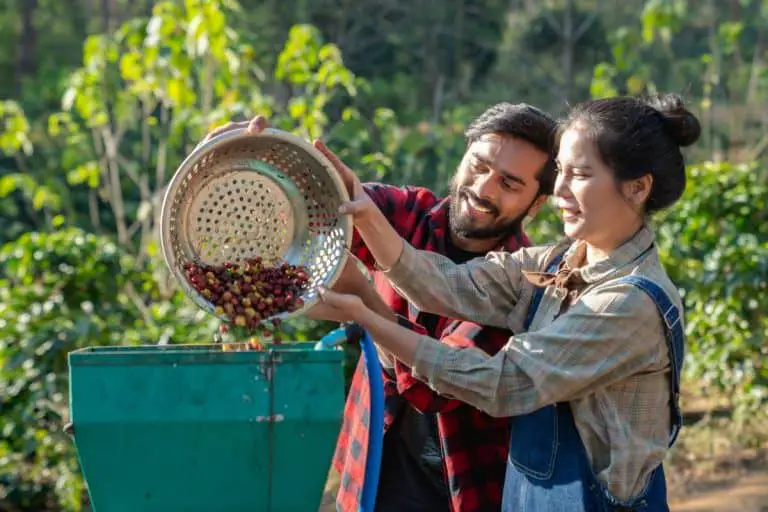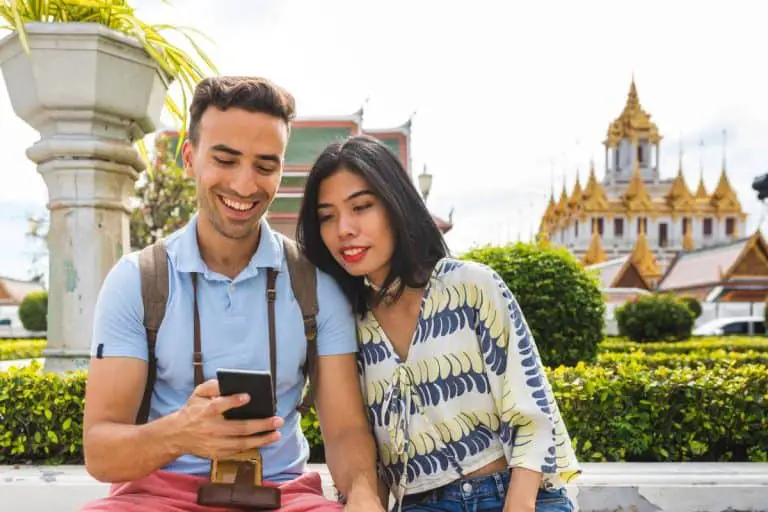Thailand Alcohol Restrictions: Lift The Alcohol Sales Ban On Afternoon?
If you’re planning to relocate to Thailand or just visiting for vacation, understanding the country’s unique alcohol restrictions can save you from frustration and potential legal issues. As an expat who made the transition from the United States to Thailand, I’ve navigated these regulations firsthand and understand how they can initially seem confusing.
The Thailand alcohol restrictions reflect both public health concerns and cultural respect for Buddhist traditions, creating a regulatory framework unlike what you might be used to in Western countries. From specific sales hours to complete bans on certain holidays, these rules are an important part of daily life in the Kingdom.
Key Takeaways
- Thailand restricts alcohol sales to specific hours (11:00-14:00 and 17:00-00:00), but recent legislative changes in 2025 may soon ease these longstanding restrictions.
- Alcoholic drinks and sales are prohibited on five major Buddhist holidays each year, though new exemptions for tourist areas are being implemented in 2025.
- The legal drinking age in Thailand is 20 years old, with penalties for vendors who sell to underage consumers.
Historical Context of Thailand’s Alcohol Restrictions
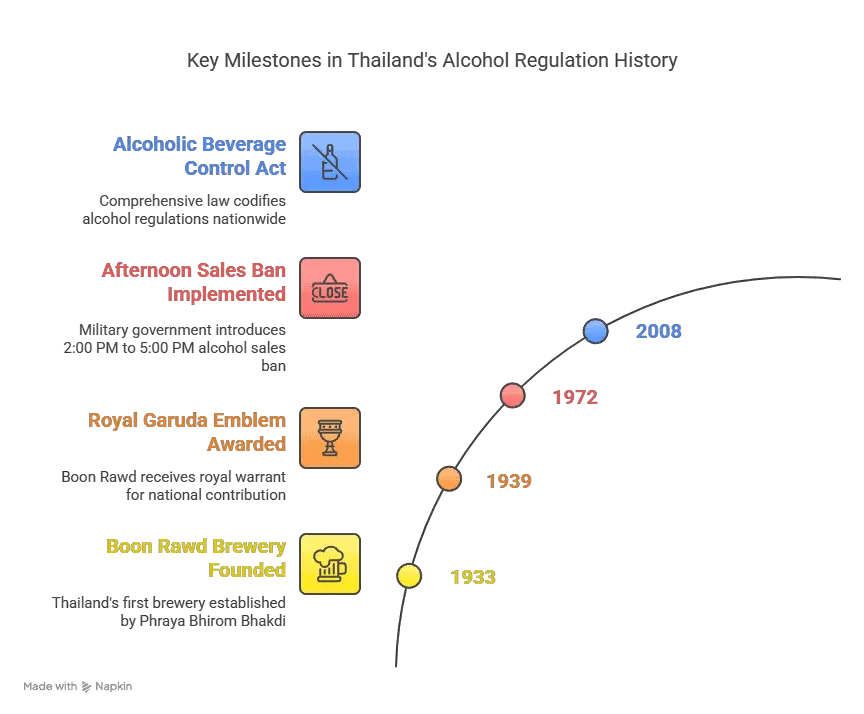
Thailand’s current alcohol regulations have deep historical roots. The afternoon sales ban (2:00 PM to 5:00 PM) dates back to the 1972 military government, which implemented these restrictions primarily to prevent civil servants from extended lunchtime drinking sessions. This measure was later incorporated into the comprehensive 2008 Alcoholic Beverage Control Act, which continues to serve as the foundation for today’s regulations.
No discussion of Thailand’s alcohol history would be complete without mentioning Boon Rawd Brewery, the country’s first brewery and a dominant force in the Thai alcohol market and liquor production. Founded in 1933 by Phraya Bhirom Bhakdi (born Boonrawd Sreshthaputra), the brewery revolutionized Thailand’s drinking culture by producing the now-iconic Singha beer. After studying brewing techniques in Germany and Denmark, Bhirom Bhakdi established a company that would grow to control approximately 70% of Thailand’s beer market through its flagship brands Singha and Leo.
The company received the prestigious Royal Garuda emblem in 1939—a Thai royal warrant signifying the highest honor for businesses contributing to the Kingdom’s development. For decades, Boon Rawd and its later competitor Thai Beverage (producers of Chang beer) have operated within Thailand’s strict regulatory framework while maintaining their market dominance, adapting to changing regulations that have shaped the country’s alcohol consumption patterns.
The restrictions reflect Thailand’s balancing act between supporting its tourism and hospitality industries while addressing public health concerns. Alcohol consumption has been linked to various social issues in Thailand, including drunk driving accidents, domestic violence, and public disturbances. The government’s approach aims to minimize these problems while still accommodating the country’s significant tourism sector.
Current Sales Hours and Restrictions
If you’re looking to purchase alcohol in Thailand, timing is everything. The current regulations permit alcohol sales only during specific hours:
- Morning/Afternoon: 11:00 AM to 2:00 PM
- Evening: 5:00 PM to Midnight
Outside these hours, convenience stores, supermarkets, and other retailers are legally prohibited from selling alcoholic beverages. This includes popular chains like 7-Eleven and Tesco Lotus, where refrigerator sections containing alcohol are either locked or covered during prohibited hours, ensuring that their visibility is limited through their shop.
These timing restrictions apply nationwide, though enforcement can vary significantly between urban and rural areas, and especially in tourist zones. Many foreigners are caught off guard when attempting to purchase beer or wine during the afternoon prohibition period, only to be turned away at the checkout counter.
Alcohol-Free Days and Special Bans
Beyond the daily time restrictions, Thailand observes complete alcohol sales bans on several days throughout the year. These alcohol-free days primarily coincide with important Buddhist holidays:
- Makha Bucha Day (February/March)
- Visakha Bucha Day (May/June)
- Asalha Bucha Day (July/August)
- Buddhist Lent Day or Khao Phansa (July/August, the day after Asalha Bucha)
- End of Buddhist Lent or Awk Phansa (usually in October)
These dates follow the lunar calendar and vary each year. Additionally, alcohol sales are prohibited during election periods, typically from 6:00 PM the day before until the polls close (usually at 6:00 PM) on election day.
In 2025, the government began implementing a ban on sales exemptions for tourist areas during these Buddhist holidays, loosening the law on certain venues such as hotels, international airport terminals, and entertainment establishments in designated tourist zones to sell alcohol to accommodate international visitors.
Legal Drinking Age and Enforcement
The legal drinking age in Thailand is 20 years old, higher than in many Western countries. This applies to both purchasing and consuming alcohol, and the restriction applies to both locals and foreigners, regardless of the drinking age in their home countries.
Penalties for selling alcohol to underage individuals can be severe, with fines of up to 20,000 baht (approximately $570) and potential imprisonment. However, enforcement varies widely, particularly in tourist areas where ID checks may be less stringent, especially for foreign visitors who appear to be over 20.
Prohibited Places for Alcohol Sales and Consumption
Thailand also restricts where alcohol can be sold or consumed. Sales are prohibited in numerous locations, including:
- Temples and religious sites
- Educational institutions
- Public health facilities and pharmacies
- Government offices
- Public parks
- Gas stations
- Public transportation terminals (bus stations, train stations, piers)
Drinking in these locations can result in fines or other penalties. The restrictions are designed to maintain the sanctity of religious and official spaces while promoting public safety and order.
Recent and Upcoming Changes to Alcohol Regulations
Thailand’s alcohol regulations have been undergoing significant review in 2025, with several important changes on the horizon. In January 2025, the Ministry of Public Health submitted an amended alcohol control bill to Parliament aimed at addressing underage drinking and aligning Thailand’s alcohol policies with international standards.
In February 2025, Prime Minister Paetongtarn Shinawatra ordered a review of the afternoon alcohol sales ban, responding to pressure from business groups and tourism operators. The House of Representatives subsequently voted in March 2025 to ease restrictions on alcohol sales and the promotion of alcoholic drinks, though this legislation still requires Senate approval, as the Senate is the primary lawmaker.
Key changes being considered include:
- Lifting or modifying the afternoon (2:00 PM to 5:00 PM) sales ban
- Creating exemptions for tourist areas during Buddhist holy days
- Relaxing advertising restrictions to help smaller producers compete
- Potentially allowing online alcohol sales
- Revising zoning restrictions in tourist areas
These changes reflect the government’s efforts to balance tourism promotion with public health concerns, particularly as part of the “Amazing Thailand Grand Tourism and Sports Year 2025” campaign.
Impact on Tourists and Expats

For tourists and expats in Thailand, these alcohol restrictions can sometimes cause confusion or inconvenience. Many visitors are unaware of the afternoon sales ban or the prohibition on Buddhist holidays, leading to frustrated attempts to purchase alcohol during these times.
However, there are workarounds that many long-term residents discover. Hotels and properly registered entertainment venues can often serve alcohol outside the restricted hours. In tourist areas like Pattaya, Phuket, and parts of Bangkok, enforcement may be more relaxed, with some bars serving alcohol in coffee mugs or other containers during prohibited times.
For expats settling in Thailand, it’s important to familiarize yourself with these regulations and plan accordingly. This might mean stocking up on alcohol before Buddhist holidays or simply adapting your socializing schedule to align with legal sales hours.
Respecting Local Culture While Navigating Restrictions
While these restrictions might seem strict compared to Western countries, they reflect Thailand’s Buddhist cultural heritage and public health priorities. The prohibition of alcohol sales on Buddhist holidays is similar to how some Western countries have restricted Sunday alcohol sales for religious reasons.
As guests in Thailand, expats and tourists should approach these regulations with respect and cultural sensitivity. Understanding the reasoning behind these laws can help foreign residents appreciate Thai culture more deeply while navigating the regulatory landscape with ease.
Practical Tips for Alcohol Consumers in Thailand
To avoid disappointment and comply with local laws, consider these practical tips:
- Plan ahead by purchasing alcohol during legal sales hours
- Remember that major supermarkets and convenience stores strictly enforce the time restrictions
- Download apps like DrinkO’Clock that track Thailand’s alcohol ban days and sales hours
- Be aware that bars in tourist areas may stay open until 4:00 AM in designated entertainment zones
- When in doubt, ask hotel staff or local residents about current restrictions
- Always carry ID showing your age if you appear young
- Respect the complete sales bans during Buddhist holidays, particularly if you’re in non-tourist areas
FAQs
Is the legal drinking age in Thailand strictly enforced?
Can I buy alcohol online in Thailand?
What happens if I’m caught selling alcohol during prohibited hours?
Are there any exceptions to the Buddhist holiday alcohol bans?
How can I stay updated on Thailand’s alcohol ban days?
Conclusion
Thailand’s alcohol restrictions might initially seem complex, but they’re an important part of the country’s cultural and regulatory landscape. As the government works to balance traditional values with the needs of a modern tourism economy, we’re seeing gradual liberalization of these regulations.
For anyone planning to live in or visit Thailand, understanding these rules will help you enjoy your time here without unnecessary complications. Have questions about other aspects of Thai regulations? Reach out to us, our team of expats is ready to help you make the most of your time in the Kingdom of Smiles.
